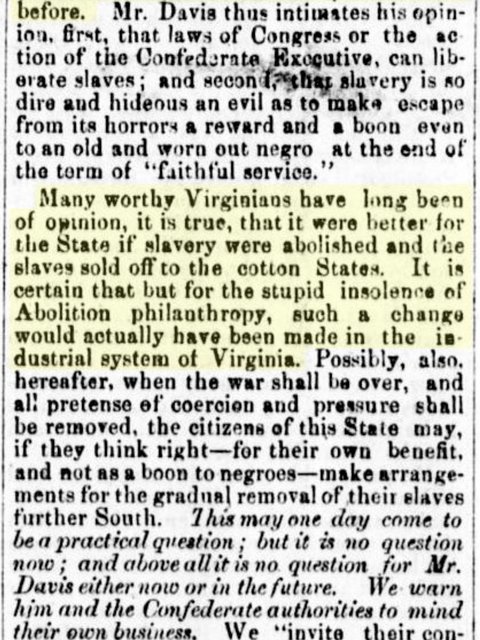Yes, the same guy viewed as one of more forgettable and crummiest of the U.S. presidents, instead becomes one of the best.
Yes, this is a flight of fancy, absolutely! Please pitch some ideas and help bring it to life.
Yes, this is a flight of fancy, absolutely! Please pitch some ideas and help bring it to life.

